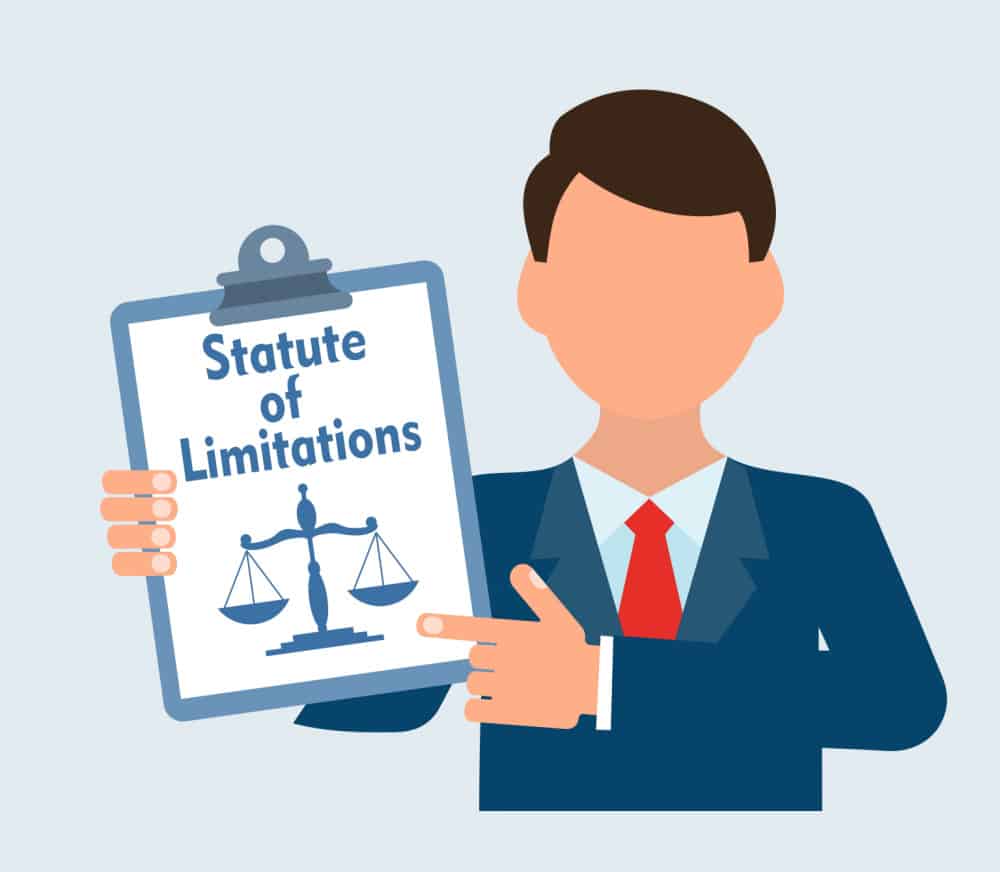Have you ever been injured due to someone else’s negligence? If so, you may be eligible to file a personal injury claim. A personal injury claim is a legal action taken by an injured person against the person or entity responsible for the injury. The purpose of filing a personal injury claim is to obtain compensation for losses caused by the injury, including medical expenses, lost wages, and pain and suffering. Below, we’ll explain what is a personal injury claim and what you need to know about filing a personal injury claim.
Personal Injury Claim Defined
A personal injury claim is a legal dispute that arises when an individual suffers harm from an accident or injury, and another person may be held responsible. In such cases, the responsible person’s insurance company may be liable to pay monetary compensation to the injured person. A personal injury case can become formalized through a personal injury lawyer providing legal representation, which is usually done on a contingency basis, meaning no fees or costs unless a successful result is achieved.
The life of a lawsuit can be as short as a few months or as long as a few years, depending on the complexity of the matter and whether it goes to trial. Most cases are resolved through negotiation and agreement between the parties, but there are two possible outcomes in a personal injury case: formal lawsuit and informal settlement.

In a formal lawsuit, the parties will go to court, where a judge or jury will decide the outcome of the case. If the judge or jury determines that the defendant is responsible for the injury, they will award monetary damages to the plaintiff. In an informal settlement, the parties can reach an agreement without going to court. This usually involves negotiation between the parties and their lawyers.
Who Can File a Personal Injury Claim?
If someone has been injured due to the carelessness of another person, they can file a personal injury claim. This means that the responsible party must have been negligent and that negligence must have caused the personal injury in order for a claim to be filed.
In addition, the injury must have resulted in compensatory damages, such as medical bills, lost wages, and/or pain and suffering. It is important to note that filing a personal injury claim does not guarantee that the injured party will be compensated.
Compensatory damages are those that attempt to make the injured party whole again by compensating for medical bills, lost wages, and/or pain and suffering.
If you have been injured as a result of another person’s negligence, you should consider filing a personal injury claim. A personal injury lawyer can help you navigate the process of filing a personal injury claim and provide advice on how to proceed.
When Should I File a Personal Injury Claim?
When it comes to filing a personal injury claim, it is important to know that you don’t need to wait until your medical treatment is complete. It is a good idea to get the process started, whether it is an insurance claim or a personal injury lawsuit.
There is a filing deadline when it comes to a lawsuit and the case needs to be started before this deadline. It is important to remember that you should not resolve your case before you have a firm understanding of the nature and scope of your damages resulting from a personal injury. Knowing this information can help you seek proper compensation for any economic and non-economic damages you may have suffered.
It is important to note that different states have different time limits for filing a personal injury claim, so it is important to contact a personal injury attorney who is experienced with the laws in your state. An attorney can provide you with advice on when it is the right time to file a claim and how to best go about seeking the compensation you are entitled to. This advice will help ensure that you get the justice and financial security that you deserve.
The Statute of Limitations
When filing a personal injury claim, it’s important to be aware of the statute of limitations. A statute of limitations is a law that sets a limit on the amount of time an injured person has to file a lawsuit. This period of time usually begins when the plaintiff is injured or discovers the injury. Once the lawsuit is started, the plaintiff is no longer limited by this timeframe to present their case.
Different states have different statutes of limitations, and it’s important to know what your state’s limits are. The statute of limitations in your state, which could be as short as one year or multiple years, depending on the type of injury. If you’re unsure of what the statute of limitations is for your state, you can always consult a lawyer to get more information.

It is important to remember that a statute of limitations is a law that sets a time limit for filing a lawsuit. Every state has its own deadlines for different kinds of cases, but a two-year time limit is common for personal injury cases. The statute of limitations “clock” usually begins when your personal injury occurs, when you discover your injury, or when you should have discovered your injury. If you do not file your lawsuit before the statute of limitations expires, you are permanently barred from ever bringing that lawsuit in court. If you don’t have enough information to prepare and file a complaint, there may be alternative court documents you can file to protect your right to sue.
Final Remarks
A personal injury claim is a legal process that allows an injured person to receive compensation for damages caused by another individual’s negligence or intentional harm. Anyone who has suffered physical or emotional injury, financial loss, or property damage as the result of someone else’s actions may be able to make a claim. Filing a personal injury claim can be a long and difficult process, so it is important to understand the applicable laws and speak with an experienced lawyer before taking any action.
When filing a personal injury claim, the plaintiff must be able to prove that the defendant was responsible for their losses. If successful, the court may award damages for medical bills, lost wages, emotional suffering, and more. It is important to note that in some cases, the statute of limitations will apply and the injured party will only have a certain amount of time to file their claim.
To make sure that you are properly compensated for your injuries, it is always best to consult an experienced personal injury lawyer. A good lawyer can help you navigate the legal system and ensure that your rights are protected. They can also assist you with the paperwork and gathering evidence that is necessary for your case.
If you or your loved one want more information about how to start a personal injury claim, Legal Favor has you covered. Here’s a short guide on how to start a personal injury claim and the basics of personal injury claims.





